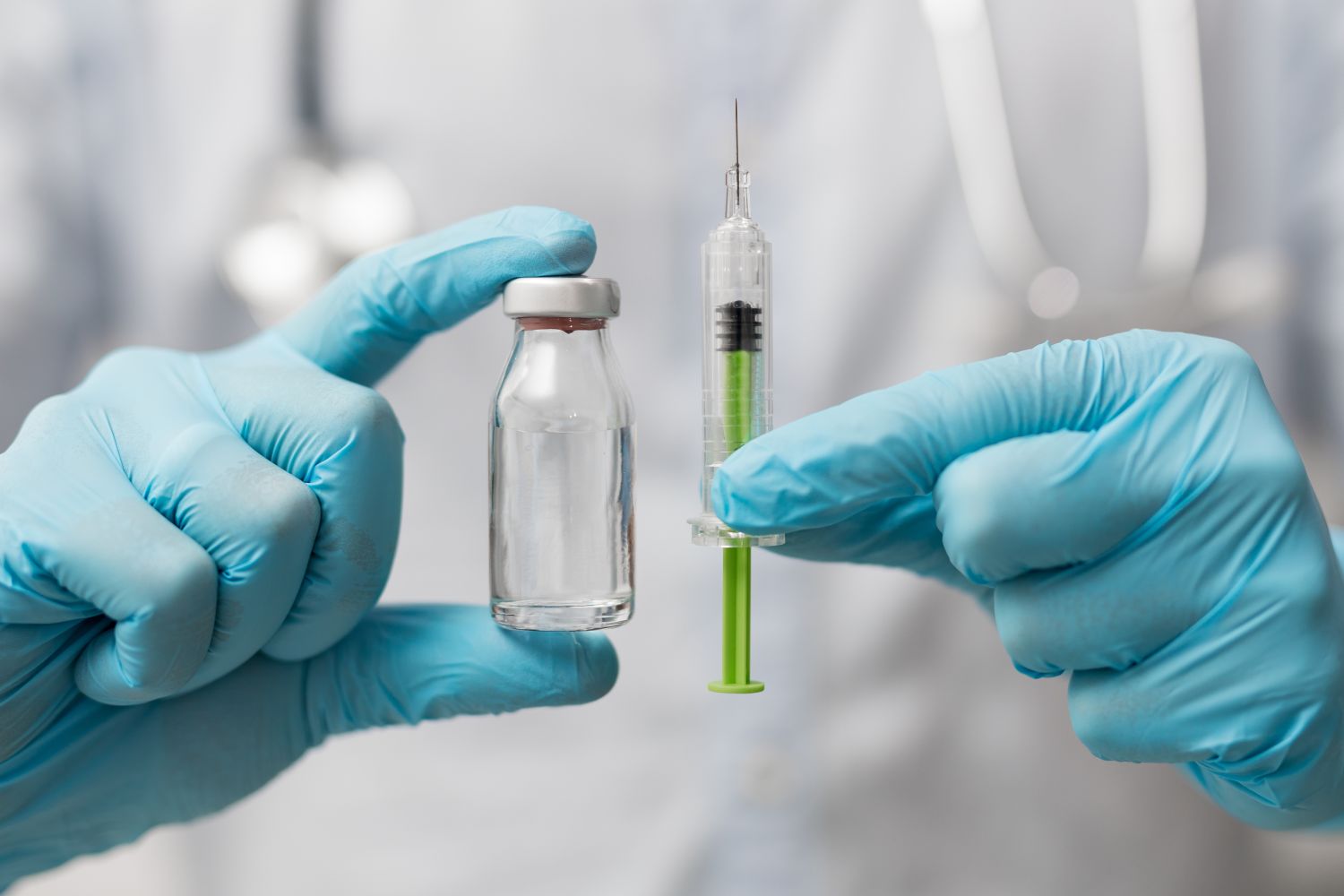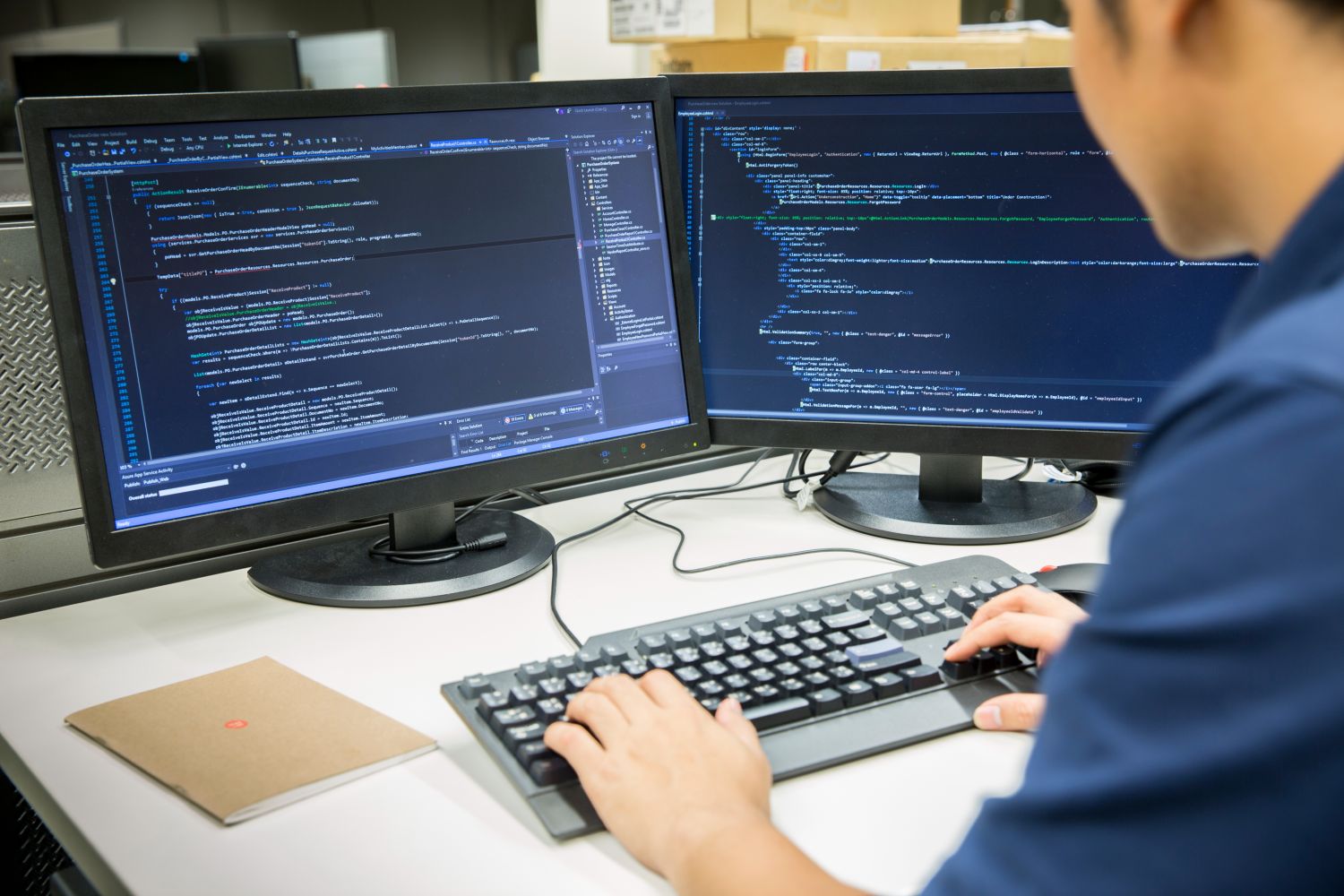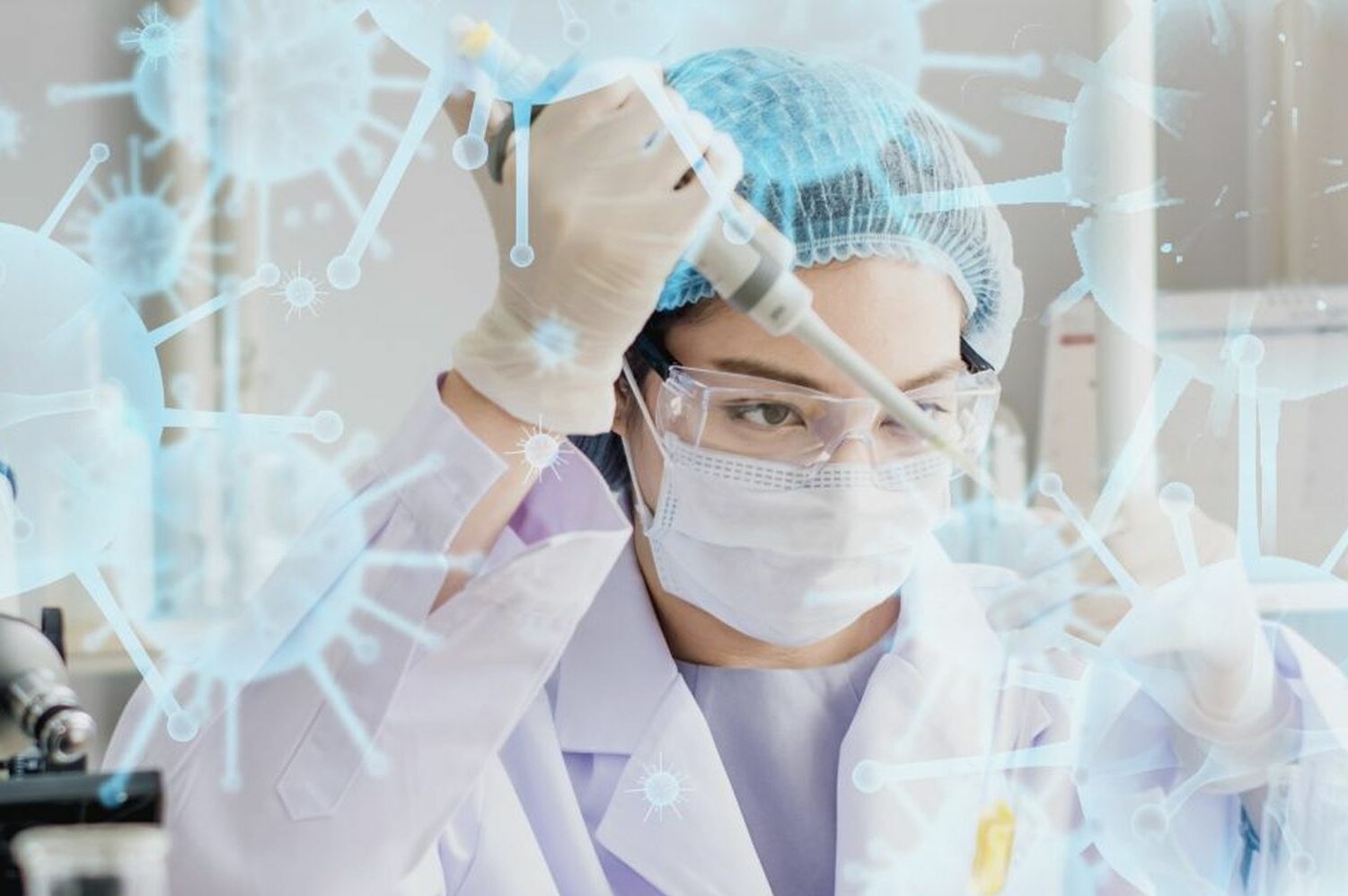
Biotechnology
The Biotechnology program at Centennial College prepares you to work as a laboratory technician (in quality control and quality assurance) in the food, pharmaceutical and cosmetic industries.
Duration
2 years
Starting Date
September
Tuition Fee
$17,206
Location
Blended (Toronto, Canada & Online)
About the program
Biotechnology courses at Centennial College provide practical application in industrial microbiology as well as chemistry (analytical), organic chemistry and biochemistry. Laboratory techniques, including appropriate safety procedures, are extensively highlighted.
A special feature of this applied science program is its project-based approach, with independently-designed microbiology projects that enhance your problem-solving and research skills.
You learn to:
- Isolate, enumerate and identify microorganisms from many types of samples (water, soil, air, your body, food, pharmaceutical and cosmetic products).
- Prepare specimens for staining and become an expert light-microscopist.
- Become proficient in aseptic handling of materials.
- Accurately calibrate and use a range of instruments such as pH and BOD meters, gas chromatographs, spectrophotometers (regular/IR/UV) and HPLCs.
- Prepare microbiological media and reagents and culture pathogenic microbes.
- Design and perform your own microbiology experiments.
- Use microorganisms to assay pharmaceutical products.
You may graduate in two years as a biotechnician or continue into a third year to study specialized topics such as advanced biotechnology and microbial genetics or systematic microbiology, graduating from the Biotechnology – Advanced offering.
Career Prospects
Career Outlook
- Quality assurance technician
- Microbiology lab technician
- Chemist – calibration
- Sterile specialist
- Analytical chemist/microbiologist
- Microbiology laboratory analyst
- QC raw material analyst










